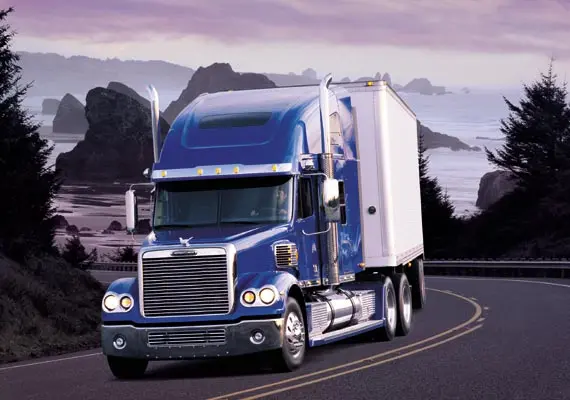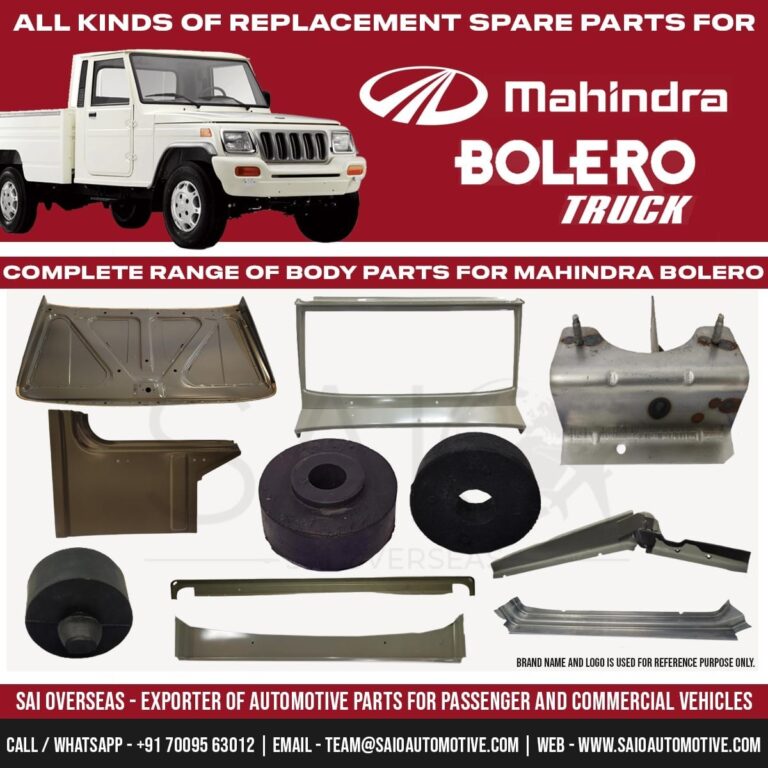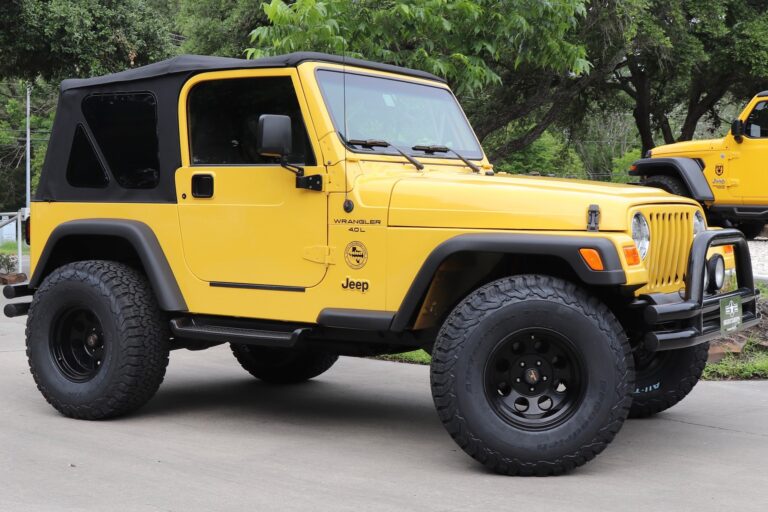Truck With Gooseneck Hitch For Rent: Your Ultimate Guide to Heavy-Duty Hauling
Truck With Gooseneck Hitch For Rent: Your Ultimate Guide to Heavy-Duty Hauling cars.truckstrend.com
In the world of heavy-duty hauling, few tools offer the combination of stability, maneuverability, and sheer towing capacity quite like a gooseneck hitch. Unlike conventional bumper-pull hitches, a gooseneck connection positions the hitch ball directly over the rear axle of the truck, typically within the truck bed. This design drastically improves weight distribution, reduces sway, and allows for significantly heavier loads, making it the preferred choice for large recreational vehicles, livestock trailers, flatbeds carrying heavy equipment, and commercial transport.
But what if your hauling needs are intermittent, or you simply don’t own a truck equipped for such a task? This is where the service of renting a truck with a gooseneck hitch becomes an invaluable solution. For individuals embarking on a cross-country RV adventure, a farmer needing to move equipment for a seasonal task, or a small business requiring temporary fleet expansion, a rented gooseneck-equipped truck offers a powerful, flexible, and cost-effective alternative to purchasing and maintaining a specialized vehicle. This comprehensive guide will delve into everything you need to know about accessing and utilizing a truck with a gooseneck hitch for rent, ensuring your heavy loads are transported safely and efficiently.
Truck With Gooseneck Hitch For Rent: Your Ultimate Guide to Heavy-Duty Hauling
What is a Gooseneck Hitch and Why Choose It?
At its core, a gooseneck hitch utilizes a ball-and-coupler mechanism, similar to a bumper-pull hitch, but instead of attaching to the rear bumper, the hitch ball is mounted in the center of the truck bed, usually directly above or slightly forward of the rear axle. The trailer’s "gooseneck" extends over the tailgate and connects to this ball. This design offers several distinct advantages:
- Superior Stability: Placing the pivot point directly over the rear axle significantly reduces trailer sway, especially at higher speeds or in windy conditions, providing a much more stable and controlled towing experience.
- Increased Maneuverability: The central pivot point allows for tighter turning radii compared to bumper-pull trailers, making it easier to navigate congested areas, driveways, and tight turns.
- Higher Towing Capacity: Gooseneck hitches are designed to handle much heavier loads than conventional hitches, often exceeding 30,000 pounds. This is crucial for large RVs, multi-horse trailers, and heavy construction equipment.
- Better Weight Distribution: The weight of the trailer is distributed more evenly across the truck’s frame, reducing stress on the rear axle and improving overall vehicle dynamics.
- Clear Bumper Access: With the hitch in the bed, the rear bumper remains clear for other attachments or uses when the trailer is disconnected.
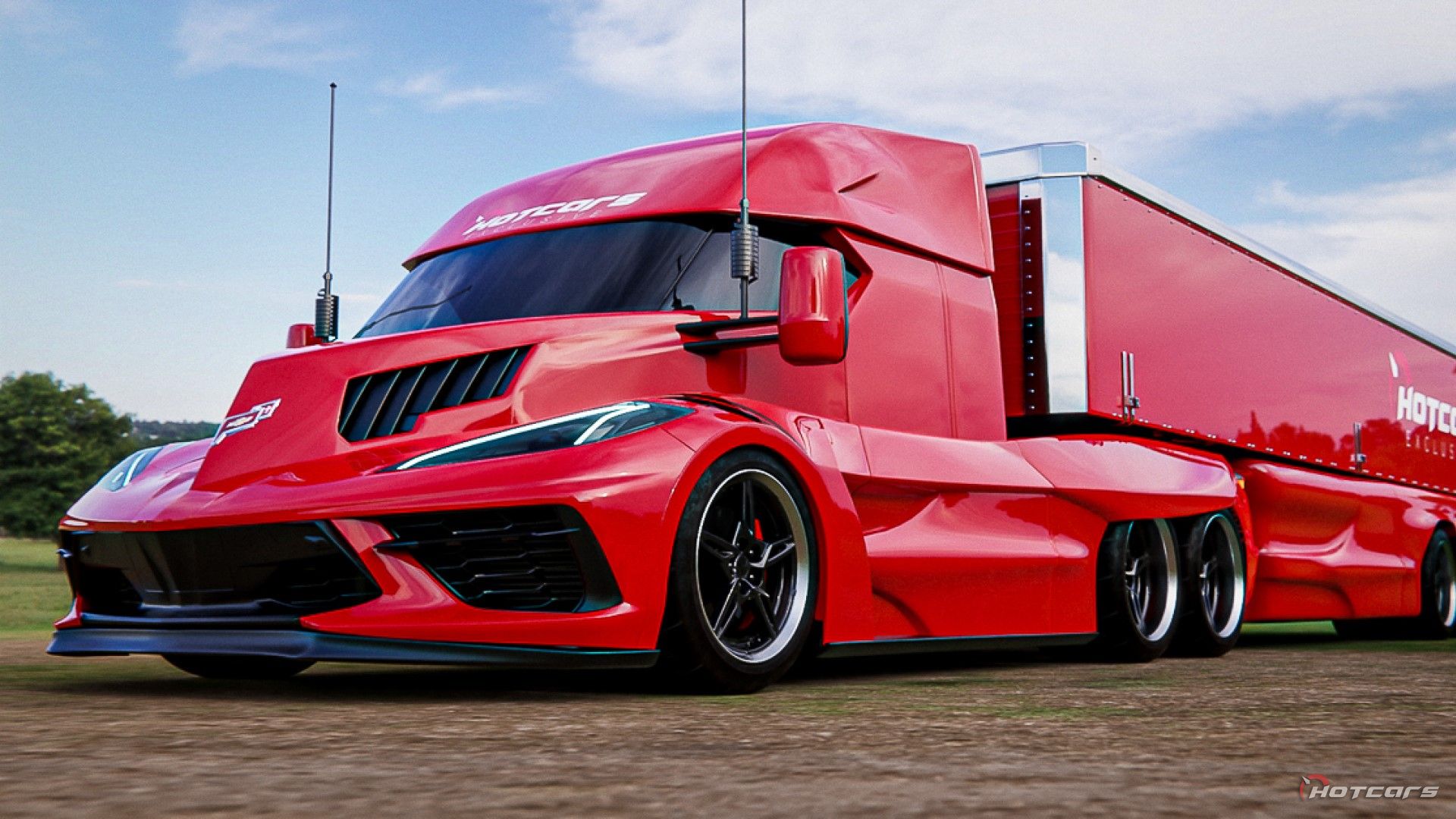
These benefits make gooseneck hitches indispensable for serious hauling, ensuring both safety and efficiency for weighty cargo.
Who Needs a Truck with a Gooseneck Hitch For Rent?
The demand for gooseneck-equipped rental trucks spans a wide range of users, each with unique needs:
-
Individuals:
- Large RV Owners: Those with fifth-wheel or toy-hauler RVs often find gooseneck adapters or direct gooseneck hitches ideal for improved stability and capacity on long trips.
- Hobby Farmers/Ranchers: For moving livestock, hay bales, or small agricultural machinery, especially if their personal truck isn’t rated for the task or is undergoing maintenance.
- Home Renovation/DIY Enthusiasts: Transporting large quantities of building materials, excavation equipment, or debris that exceeds typical utility trailer capacities.
- Occasional Heavy Haulers: People who only periodically need to move oversized items like boats, classic cars, or heavy equipment for personal projects.

-
Businesses:
- Construction Companies: Moving excavators, skid steers, bulldozers, or large material loads to different job sites.
- Landscaping Businesses: Transporting heavy machinery, large quantities of soil, rock, or trees.
- Agriculture Sector: Hauling grain, feed, livestock, or specialized farm implements.
- Logistics & Delivery Services: Supplementing their fleet for peak seasons, emergency deliveries, or specialized transport jobs.
- Event Management: Transporting large stages, sound equipment, or temporary structures.
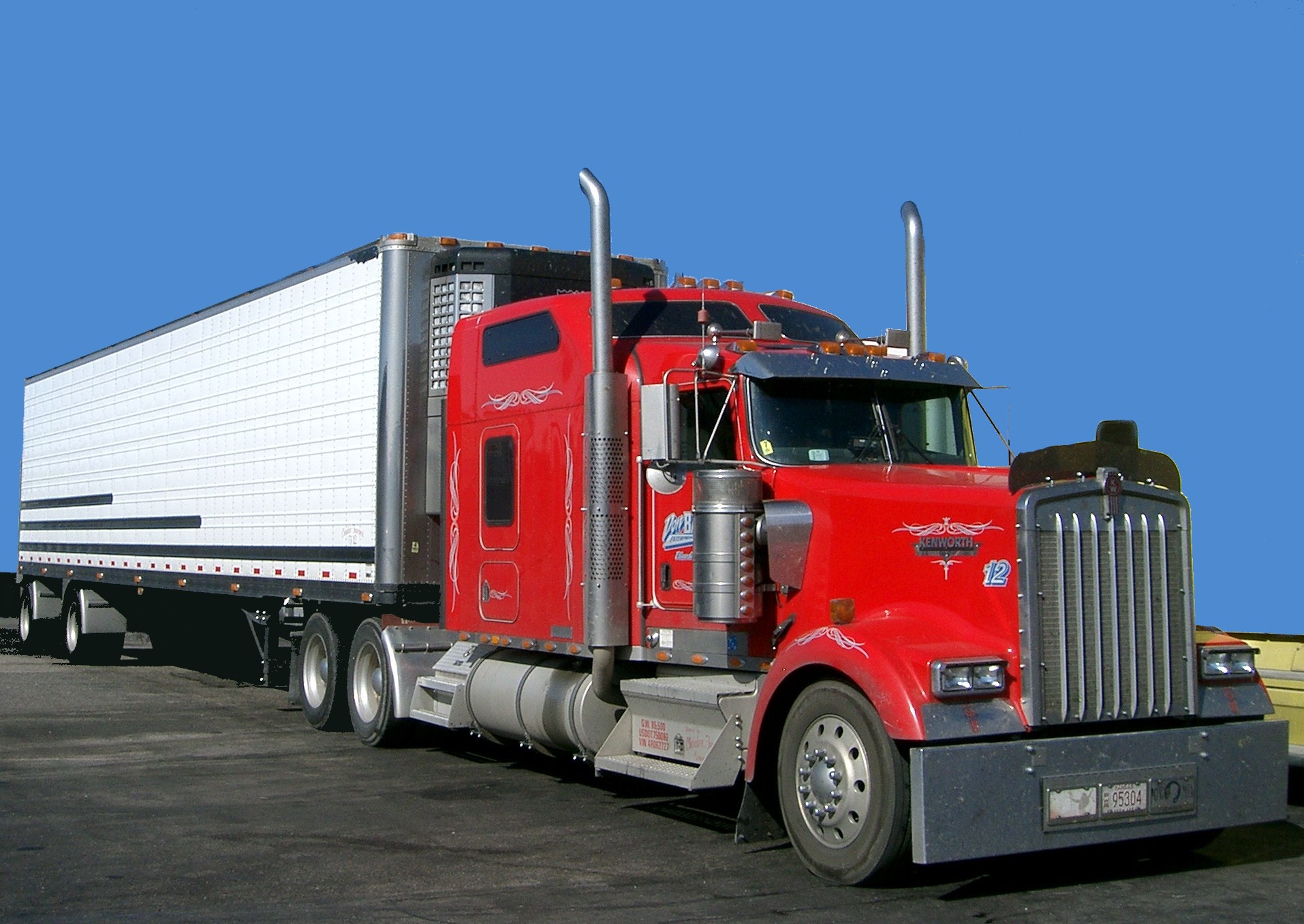
Renting provides a practical solution for these users, avoiding the significant capital outlay and ongoing costs associated with purchasing and maintaining a heavy-duty truck.
Key Benefits of Renting vs. Buying
The decision to rent a truck with a gooseneck hitch, as opposed to buying one, offers compelling advantages:
- Cost-Effectiveness: Eliminate the hefty purchase price, depreciation, interest on loans, and high insurance premiums associated with owning a heavy-duty truck. You only pay for the time you use it.
- No Maintenance or Storage: Rental companies handle all maintenance, repairs, and storage. This saves you time, money, and the hassle of finding a suitable parking spot for a large vehicle.
- Flexibility and Access: Renting allows you to access the specific truck type and towing capacity you need for a particular job, without being tied to a single vehicle. You can upgrade or downgrade as required.
- Reduced Liability: While you are responsible for the truck during your rental period, the long-term liability and large-scale insurance burdens fall on the rental company.
- Try Before You Buy: For those considering purchasing a heavy-duty truck, renting offers a valuable opportunity to test different models and capacities without commitment.
Choosing the Right Truck: Important Considerations
Selecting the appropriate truck for your gooseneck towing needs is paramount for safety and efficiency.
- Towing Capacity (GVWR, GCWR, Payload): This is the most critical factor. Ensure the truck’s Gross Vehicle Weight Rating (GVWR), Gross Combined Weight Rating (GCWR), and payload capacity (the maximum weight the truck can carry, including the tongue weight of the trailer) significantly exceed the loaded weight of your trailer. Common gooseneck trucks are 3/4-ton (e.g., Ford F-250, Ram 2500, Chevy 2500HD) or 1-ton (e.g., F-350, Ram 3500, Chevy 3500HD), with dually (dual rear wheel) options for maximum capacity.
- Trailer Weight (Loaded): Always factor in the maximum loaded weight of your trailer, including all cargo, fluids, and passengers. Never assume the dry weight.
- Hitch Type Compatibility: The standard gooseneck ball size is 2 5/16 inches. Confirm your trailer’s coupler matches the truck’s ball size. Some rental trucks may offer adjustable height gooseneck hitches.
- Integrated Brake Controller: An absolute necessity for safe towing, especially with heavy loads. Most modern rental trucks suitable for gooseneck towing will have an integrated trailer brake controller. Confirm its presence and functionality before leaving the lot.
- Rental Company Policies: Understand their mileage limits, fuel policies, insurance requirements, and what constitutes acceptable use.
- Insurance Coverage: Verify that your personal auto insurance policy or commercial insurance policy extends coverage to rental trucks and towed trailers. If not, consider purchasing supplemental coverage from the rental company.
How to Rent a Truck with a Gooseneck Hitch
The process of renting is straightforward, but requires attention to detail:
- Research Rental Companies: Look for specialized heavy-duty truck rental companies, often separate from standard car rental agencies. Major players include Ryder, Penske, U-Haul (for specific models), and local independent truck rental services. Check online reviews and compare services.
- Check Availability and Book in Advance: Gooseneck-equipped trucks are specialized and can be in high demand. Book your rental as far in advance as possible, especially during peak seasons.
- Provide Necessary Information: Be prepared to provide your driver’s license (and CDL if required for your load/vehicle class), insurance details, and a clear understanding of your towing needs (trailer type, estimated weight, duration).
- Understand Terms and Conditions: Read the rental agreement carefully. Pay attention to cancellation policies, fuel refill requirements, damage waivers, and return procedures.
- Pre-Rental Inspection: Before driving off, thoroughly inspect the truck for any existing damage (scratches, dents, tire wear, fluid leaks). Take photos or videos as proof. Verify the gooseneck hitch is securely installed and the brake controller is functional.
- Post-Rental Procedures: Return the truck on time, with the agreed-upon fuel level. Ensure a final inspection is done with a rental agent and obtain a signed receipt.
Tips for Safe and Effective Gooseneck Towing
Towing with a gooseneck hitch, while stable, still requires careful attention to safety.
- Pre-Trip Inspection: Before every tow, check:
- Tires: Proper inflation on both truck and trailer tires.
- Lights: All turn signals, brake lights, and running lights working on both truck and trailer.
- Brakes: Ensure trailer brakes are functional and properly adjusted via the brake controller.
- Hitch Connection: Double-check the gooseneck ball is fully seated in the coupler and the latch mechanism is secured. Connect safety chains.
- Breakaway System: Confirm the trailer’s breakaway cable is properly connected to the truck.
- Weight Distribution: Ensure your trailer is loaded correctly, with approximately 15-25% of the total trailer weight (GTW) on the gooseneck hitch. Improper loading can lead to instability.
- Driving Techniques:
- Wider Turns: Gooseneck trailers track differently than bumper-pulls. Practice making wider turns to avoid striking curbs or obstacles.
- Longer Stopping Distances: Your combined vehicle is much heavier. Allow significantly more stopping distance.
- Slower Speeds: Reduce your speed, especially on winding roads, descents, or in adverse weather conditions.
- Anticipate: Look far ahead and anticipate traffic changes, hills, and turns.
- Backing Up: Gooseneck trailers are generally easier to back up than bumper-pulls due to the pivot point. Start slowly, make small steering adjustments, and use your mirrors.
- Trailer Maintenance: Ensure your trailer is roadworthy, with functioning lights, brakes, and well-maintained tires and bearings.
Potential Challenges and Solutions
While renting a gooseneck truck is beneficial, be aware of potential hurdles:
- Availability: Specialized trucks can be scarce, especially in rural areas or during peak demand.
- Solution: Book well in advance and consider expanding your search radius to nearby towns.
- Cost: Rental costs can add up for long durations.
- Solution: Clearly define your rental period, optimize your hauling schedule, and compare quotes from multiple providers.
- Learning Curve: If you’re new to gooseneck towing, the initial experience can be daunting.
- Solution: Practice in an empty lot before hitting the road. Watch instructional videos.
- Insurance Coverage: Ensuring adequate coverage for the rental truck and your cargo can be confusing.
- Solution: Consult your personal or commercial insurance provider before renting. Purchase additional coverage from the rental company if needed.
- Mechanical Issues: Breakdowns can happen.
- Solution: Choose reputable rental companies known for well-maintained fleets and 24/7 roadside assistance.
Sample Price Table: Truck With Gooseneck Hitch For Rent
Please note: These are sample prices and can vary significantly based on location, rental company, truck model, demand, season, and specific inclusions. Always get a direct quote.
| Truck Type / Capacity | Rental Duration | Estimated Price Range (USD) | Included Mileage | Additional Fees (Common) | Notes | ||||||
|---|---|---|---|---|---|---|---|---|---|---|---|
| Rental Options | Vehicle Type | Capacity (GVWR/GCWR) | Gooseneck Hitch Type | Daily Rate Range (USD) | Weekly Rate Range (USD) | Monthly Rate Range (USD) | Mileage Limit (per day) | Extra Mile Cost (per mile) | Insurance Required | Minimum Age | CDL Required |
| :—————- | :————— | :———————- | :———————– | :———————– | :————————– | :————————— | :————————– | :—————————– | :——————— | :————– | :————— |
| Light Duty | 3/4 Ton Pickup (F-250, Ram 2500, Silverado 2500HD) | 10,000 lbs GVWR / 20,000-25,000 lbs GCWR | Integrated (Under-bed) Ball or Removable | $180 – $250 | $900 – $1,250 | $2,800 – $4,000 | 150 miles | $0.45 – $0.60 | Personal/Commercial | 21 | No (for most states/weights) |
| Heavy Duty | 1 Ton Pickup (F-350, Ram 3500, Silverado 3500HD) | 12,000 lbs GVWR / 25,000-30,000 lbs GCWR | Integrated (Under-bed) Ball or Removable | $220 – $320 | $1,100 – $1,600 | $3,500 – $5,000 | 150 miles | $0.50 – $0.70 | Personal/Commercial | 21 | No (for most states/weights) |
| Extreme Duty | 1 Ton Dually Pickup (F-350 DRW, Ram 3500 DRW, Silverado 3500HD DRW) | 14,000 lbs GVWR / 30,000-35,000 lbs GCWR+ | Integrated (Under-bed) Ball | $280 – $400 | $1,400 – $2,000 | $4,500 – $6,500 | 150 miles | $0.60 – $0.80 | Commercial (Recommended) | 25 | Potentially (depending on combined weight/state) |
| Medium Duty Truck | F-450/550, Ram 4500/5500, International CV Series | 16,000-19,500 lbs GVWR / 35,000-40,000 lbs GCWR+ | Integrated (Under-bed) Ball | $350 – $550 | $1,750 – $2,750 | $5,500 – $8,500 | 150 miles | $0.70 – $0.90 | Commercial (Required) | 25 | Yes (for most combined weights) |
Notes on Pricing:
- Fuel Policy: Most rentals require you to return the truck with the same fuel level as picked up, or face refueling charges.
- Cleaning Fees: Trucks returned excessively dirty may incur cleaning fees.
- Late Return Fees: Hourly or daily charges apply for late returns.
- Damage Waiver/Insurance: Rental companies often offer their own damage waiver or insurance for an additional daily fee (e.g., $25-$75/day). This is separate from your personal/commercial auto insurance.
- Deposit: A security deposit (e.g., $500 – $2,000) is typically required and refunded upon safe return of the vehicle.
- Long-term Discounts: Prices per day/week often decrease for longer rental periods.
- Availability & Seasonality: Prices can fluctuate based on demand and time of year.
Frequently Asked Questions (FAQ)
Q1: Do I need a special driver’s license (CDL) to rent a truck with a gooseneck hitch?
A1: In most states, a standard Class D driver’s license is sufficient for towing a gooseneck trailer as long as the combined Gross Combined Weight Rating (GCWR) of the truck and trailer is under 26,001 pounds. However, if your combined weight exceeds this, or if you are towing a placarded hazardous material trailer, a Commercial Driver’s License (CDL) will be required. Always check your specific state’s Department of Motor Vehicles (DMV) regulations.
Q2: What kind of trailers can I tow with a rented gooseneck truck?
A2: You can typically tow any trailer equipped with a gooseneck coupler. This commonly includes large livestock trailers, flatbed utility trailers for heavy equipment (skid steers, tractors), large RVs (fifth-wheel trailers that have been converted to gooseneck), and certain commercial hauling trailers. Ensure your trailer’s gooseneck ball size (usually 2 5/16") matches the truck’s hitch.
Q3: Is insurance included with the rental?
A3: Basic liability insurance is often included, but it typically provides minimal coverage. It’s crucial to verify if your personal auto insurance policy extends coverage to rental trucks and any damage you might incur while towing. Many rental companies offer supplemental damage waivers (Loss Damage Waivers) and additional liability coverage for an extra daily fee. It’s highly recommended to have comprehensive coverage for both the truck and your towed trailer.
Q4: Can I use my own gooseneck hitch with the rental truck?
A4: No. Rental trucks come with pre-installed, inspected, and certified gooseneck hitches within the truck bed. You are not permitted to install your own hitch or modify the rental vehicle in any way. The rental company’s hitch is part of their safety and maintenance protocols.
Q5: What if the rental truck breaks down while I’m towing?
A5: Reputable rental companies offer 24/7 roadside assistance. In the event of a breakdown,
